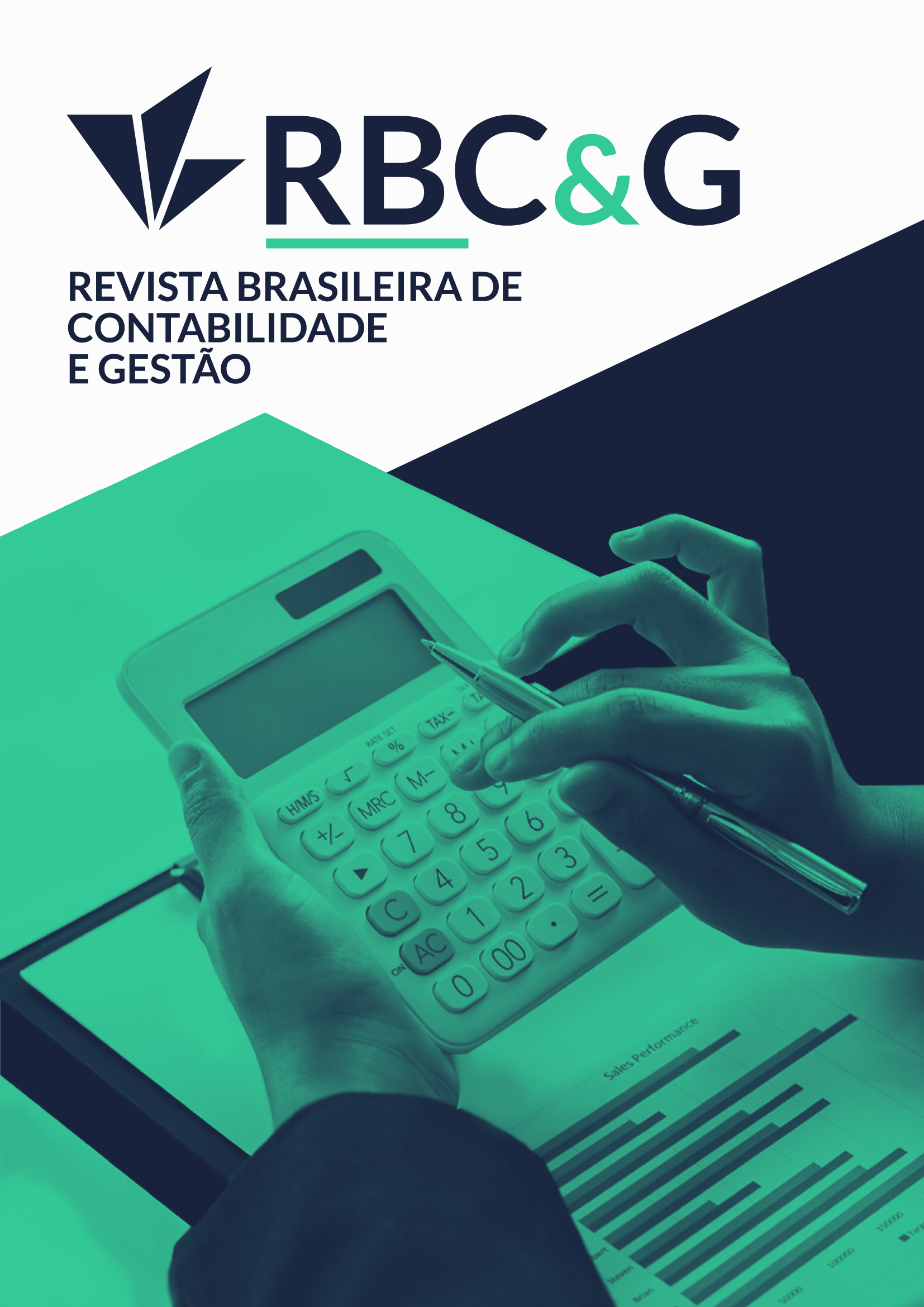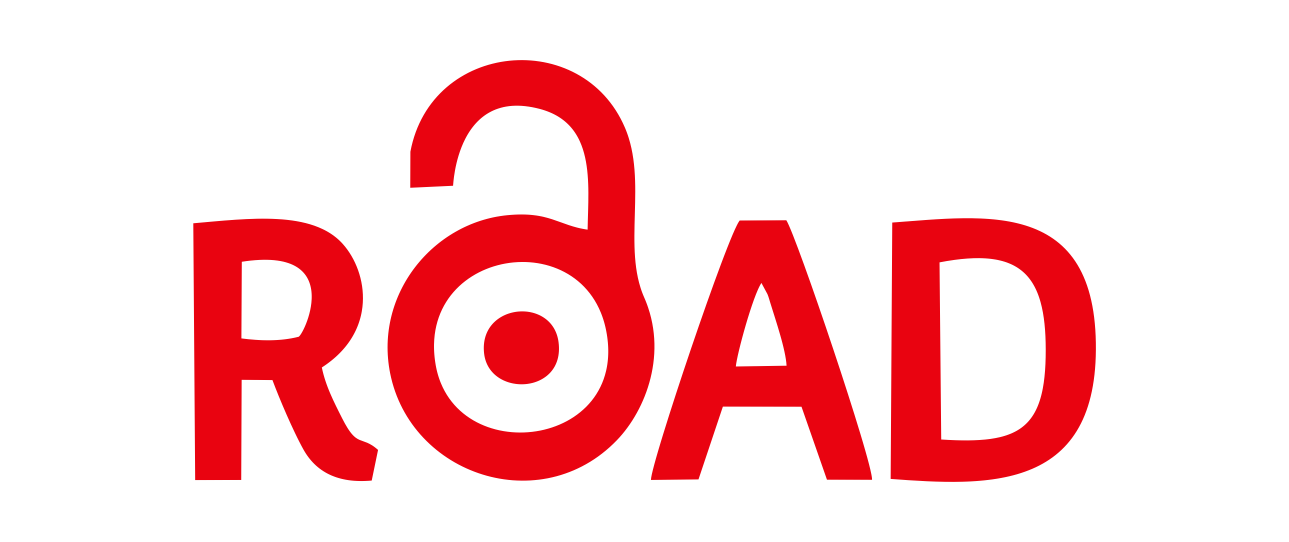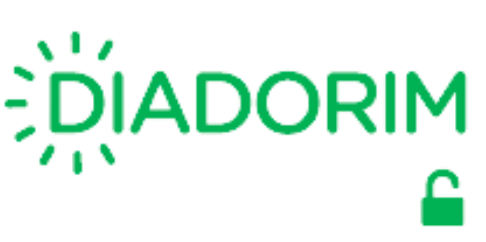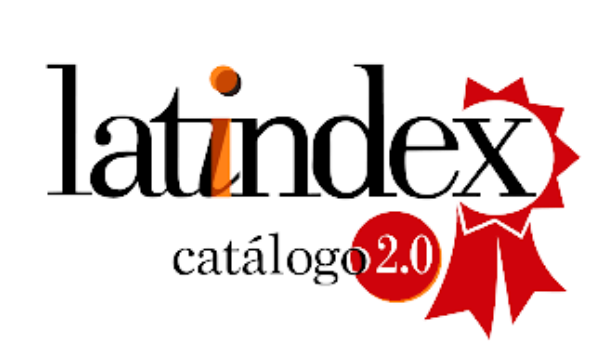Influence of Cognitive Factors on the Judgment of the Usefulness and Acceptance of the Cost Information System
DOI:
https://doi.org/10.5965/2764747112232023069Keywords:
Cognitive factors. Usefulness judgment. Acceptance. Cost information system.Abstract
Objective: Given the context of adaptations in the public sector to managerial public administration, this research aims to investigate the influence of cognitive factors on the judgment of utility and acceptance of the cost information system (CIS) applied to the public sector. Method: This is a descriptive research, carried out from a single entity survey, with a quantitative approach to the data. The entity chosen for analysis was the State Treasury of the state of Rio Grande do Sul (RS) due to the progress made by RS in the implementation of the Cost Information System (CIS). For analysis of the collected data, path analysis was used. It was noticed in the analyzed case that the cognitive factors influence the judgment of utility and the acceptance of the new Cost Information System. Result: Most individuals have cognitive consonance with the Cost Information System, diminishing resistance to the implementation of the new system. Contributions: Cognitive perspectives in the implementation of management control systems in the public sector (especially CIS) and the varying acceptance of managers and civil servants in front of new management control systems can be added to the specialized literature. In addition to advancing the literature, this research can contribute to managers and civil servants to understand that the consonance among cognitive factors can mitigate processes of resistance to change and support the implementation of new management control systems.
Downloads
References
Alonso, M. (2022). Custos no serviço público. Revista do Serviço Público, 73, 127-152.
Bell III, T. J. (2010). The social psychology of IT security auditing from the auditee’s vantage point: Avoiding cognitive dissonance. ISACA Journal, 3(1), 1-4.
Birnberg, J. G., Luft, J., & Shields, M. D. (2006). Psychology theory in management accounting research. Handbooks of Management Accounting Research, 1, 113-135.
Bjornenak, T. (1997). Diffusion and accounting: the case of ABC in Norway. Management accounting research, 8(1), 3-17.
Bjornenak, T. (2000). Understanding cost differences in the public sector—a cost drivers approach. Management accounting research, 11(2), 193-211.Brandão, I. F. (2022). Modelo conceitual de sistema de informação de custos aplicado ao setor público brasileiro. Pensar Contábil, 24(84), 41-50.
Broadbent, J., & Guthrie, J. (2008). Public sector to public services: 20 years of “contextual” accounting research. Accounting, Auditing & Accountability Journal, 21(2), 129-169.
Capobiango, R. P., Nascimento, A. D. L., Silva, E. A., & Faroni, W. (2013). Reformas administrativas no Brasil: uma abordagem teórica e crítica. REGE-Revista de Gestão, 20(1), 61-78.
Cardoso, R. L., Aquino, A. C. B. D., & Bitti, E. J. D. S. (2011). Reflexões para um framework da informação de custos do setor público brasileiro. Revista de Administração Pública, 45, 1565-1586.
Chabrak, N., & Craig, R. (2013). Student imaginings, cognitive dissonance and critical thinking. Critical perspectives on accounting, 24(2), 91-104.
Chenhall, R. H. (2003). Management control systems design within is organizational context: finding from contingency-based research and directions for the future. Accounting, Organizaction and Society, 28, 127-168.
Conselho Federal de Contabilidade. (2011). Resolução CFC nº 1.366/11. Aprova a NBC T 16.11 – Sistema de Informação de Custos do Setor Público. CFC.
Festinger, L. (1957). A teoria da dissonância cognitiva. Stanford University Press.
Festinger, L., & Carlsmith, J. M. (1959). Cognitive consequences of forced compliance. The journal of abnormal and social psychology, 58(2), 203.
Festinger, L. (1975). Teoria da Dissonância Cognitiva. Zahar.
Fontes, J. I. O., Oliveira, T., & Gurgel, A. M. (2020). Avaliação do sistema de informação de custos em uma instituição federal de ensino: propostas de melhorias e aplicabilidade. Revista de Gestão, Finanças e Contabilidade, 10(2), 39-59.
Hair Jr, J. F., Black, W. C., Badin, B., Anderson, R. E., & Tatham, R. L. (2009). Análise multivariada de dados. Bookman
Harmon-Jones, E. (2012). Cognitive dissonance theory. In V.S. Ramachandran (Ed.), The Encyclopedia of Human Behavior (Vol. 1, pp. 543-549). Academic Press.
Harmon‐Jones, E., Amodio, D. M., & Harmon‐Jones, C. (2009). Action‐based model of dissonance: A review, integration, and expansion of conceptions of cognitive conflict. Advances in experimental social psychology, 41, 119-166.
Holanda, V. B. (2011). Sistema de Informação de Custos do Governo Federal (SIC): uma nova abordagem para a gestão pública. Revista de Educação e Pesquisa em Contabilidade (REPeC), 5(2), 121-127.
Jermias, J. (2001). Cognitive dissonance and resistance to change: the influence of commitment confirmation and feedback on judgment usefulness of accounting systems. Accounting, Organizations and Society, 26(2), 141-160.
Kavanagh, M. H., & Ashkanasy, N. M. (2006). The impact of leadership and change management strategy on organizational culture and individual acceptance of change during a merger. British journal of management, 17(S1), S81-S103.
Konow, J. (2000). Fair shares: Accountability and cognitive dissonance in allocation decisions. American economic review, 90(4), 1072-1091.
Kuipers, B. S., Higgs, M., Kickert, W., Tummers, L., Grandia, J., & Van der Voet, J. (2014). The management of change in public organizations: A literature review. Public administration, 92(1), 1-20.
Lapsley, I., & Wright, E. (2004). The diffusion of management accounting innovations in the public sector: a research agenda. Management accounting research, 15(3), 355-374.
Latham, G. P., & Locke, E. A. (1991). Self-regulation through goal setting. Organizational behavior and human decision processes, 50(2), 212-247.
Libby, T., & Waterhouse, J. H. (1996). Predicting change in management accounting systems. Journal of management accounting research, 8, 137.
Luque, C. A., Cruz, H. N., Amaral, C. M., Bender, S., & dos Santos, P. M. (2008). O processo orçamentário e a apuração de custos de produtos e serviços no setor público do Brasil. Revista do Serviço Público, 59(3), 309-331.
Luthans F. and Kreitner R. (1991). Organizational Behavior Modification and Performance. Unwin-Hyman.
Machado, N., & Holanda, V. B. D. (2010). Diretrizes e modelo conceitual de custos para o setor público a partir da experiência no governo federal do Brasil. Revista de Administração Pública, 44, 791-820.Marôco, J. (2011). Análise estatística com o SPSS Statistics (5a ed). ReportNumber.
Meyer, J. P. & Allen, N. J. (1997). Commitment in the workplace: theory, research and application. Sage Publications.
Mowday, R. T., Steers, R. M., & Porter, L. W. (1979). The measurement of organizational commitment. Journal of vocational behavior, 14(2), 224-247.
Nor-Aziah, A. K., & Scapens, R. W. (2007). Corporatisation and accounting change: The role of accounting and accountants in a Malaysian public utility. Management Accounting Research, 18(2), 209-247.
Perera, S., McKinnon, J. L., & Harrison, G. L. (2003). Diffusion of transfer pricing innovation in the context of commercialization—a longitudinal case study of a government trading enterprise. Management Accounting Research, 14(2), 140-164.
Pessoa, M. S. C. M., & Callado, A. A. C. (2023). Custos ocultos comportamentais no setor público: uma abordagem a partir do capital intellectual. Revista Contabilidade e Controladoria, 15(1), 77-96.
Piderit, S. K. (2000). Rethinking resistance and recognizing ambivalence: A multidimensional view of attitudes toward an organizational change. Academy of management review, 25(4), 783-794.
Pigatto, J. A. M., Holanda, V. B. D., Moreira, C. R., & Carvalho, F. A. (2010). A importância da contabilidade de competência para a informação de custos governamental. Revista de Administração Pública, 44, 821-837.
Pike, R. H., Tayles, M. E., & Mansor, N. N. A. (2011). Activity-based costing user satisfaction and type of system: A research note. The British Accounting Review, 43(1), 65-72.
Rezende, F. D. C. (2002). Razões da crise de implementação do Estado gerencial: desempenho versus ajuste fiscal. Revista de Sociologia e Política, 111-121.
Rezende, F., Cunha, A., & Bevilacqua, R. (2010). Informações de custos e qualidade do gasto público: lições da experiência internacional. Revista de Administração Pública, 44, 959-992.
Rezende, F., Cunha, A., & Cardoso, R. L. (2010). Custos no setor público. Revista de Administração Pública, 44(4), 789-791.
Schick, A. (1998). A contemporary approach to public expenditure management. World Bank Institute, 68(1), 2-11.
Shields, M. D., & Young, S. M. (1994). Managing innovation costs: a study of cost conscious behavior by R&D professionals. Journal of Management Accounting Research, 6(1), 175-196.
Silva, A. F., Steindorfer, I. B., Bringel, J. H. F. A, Nobre, J. G., & Vasconcelos, A. C. (2022). Desafios e limitações na implantação do sistema de custos na Prefeitura Municipal de Fortaleza. Contextus – Revista Contemporânea de Economia e Gestão, 20(esp.), e81675.B
Soares, C. S., Rosa, F. S., & Zonatto, V. C. S. (2020). Reflexos do uso do sistema de custos na qualidade da gestão pública com base na percepção de gestores municipais de Santa Maria/RS. Revista Catarinense da Ciência Contábil, 19, 1-15.
Stone, J., & Cooper, J. (2001). A self-standards model of cognitive dissonance. Journal of experimental social psychology, 37(3), 228-243.
Van de Walle, S., & Hammerschmid, G. (2011). The impact of the New Public Management: Challenges for coordination and cohesion in European public sectors. Halduskultuur, 12(2).
Verbeeten, F. H. (2011). Public sector cost management practices in The Netherlands. International Journal of Public Sector Management, 24(6), 492-506.
Zonatto, V. C. S. (2014). Influência de fatores sociais cognitivos de capacidade, vontade e oportunidade sobre o desempenho gerencial nas atividades orçamentárias das maiores empresas exportadoras do Brasil [Tese de doutorado, Universidade Regional de Blumenau]. Biblioteca on-line da Universidade de Blumenau. http://www.bc.furb.br/docs/TE/2014/358328_1_1.pdf
Published
How to Cite
Issue
Section
License
Copyright (c) 2023 Filipy Furtado Sell, Vinícius Costa da Silva Zonatto

This work is licensed under a Creative Commons Attribution 4.0 International License.
Brazilian Journal of Accounting and Management offers free and immediate access to its content, following the principle that providing scientifical knowledge in a free manner promotes a better world democratization of knowledge. Authors maintain copyright of articles and grant to the journal the rights of the first publication, according to the Creative Commons Attribution licensing criteria, which allows the work to be shared with initial publication and authorship recognition. These licenses allow others to distribute, remix, adapt, or create derived work, even if it is for commercial purposes, provided that the credit is given to the original creation.




















